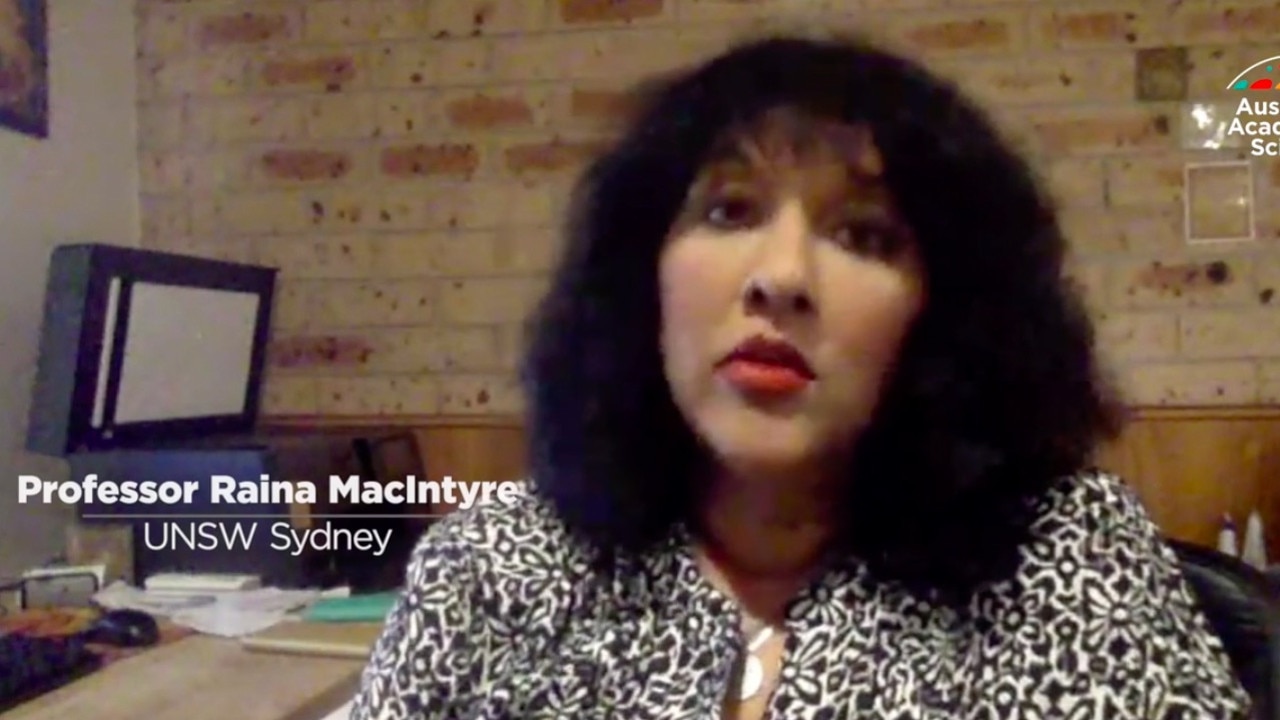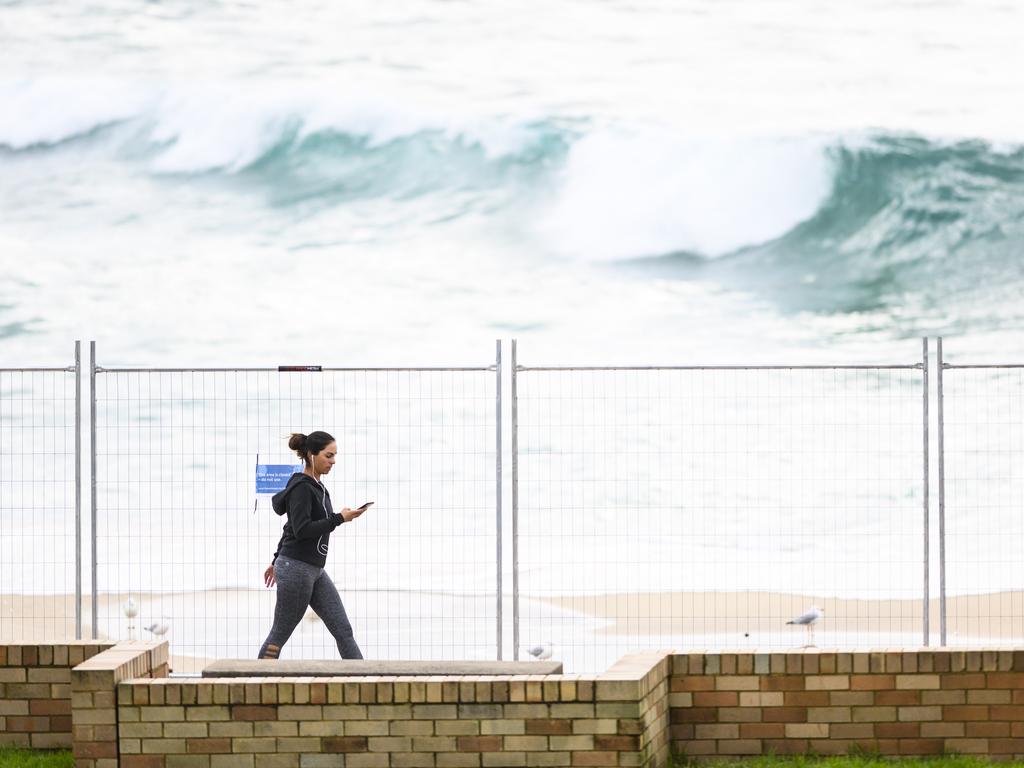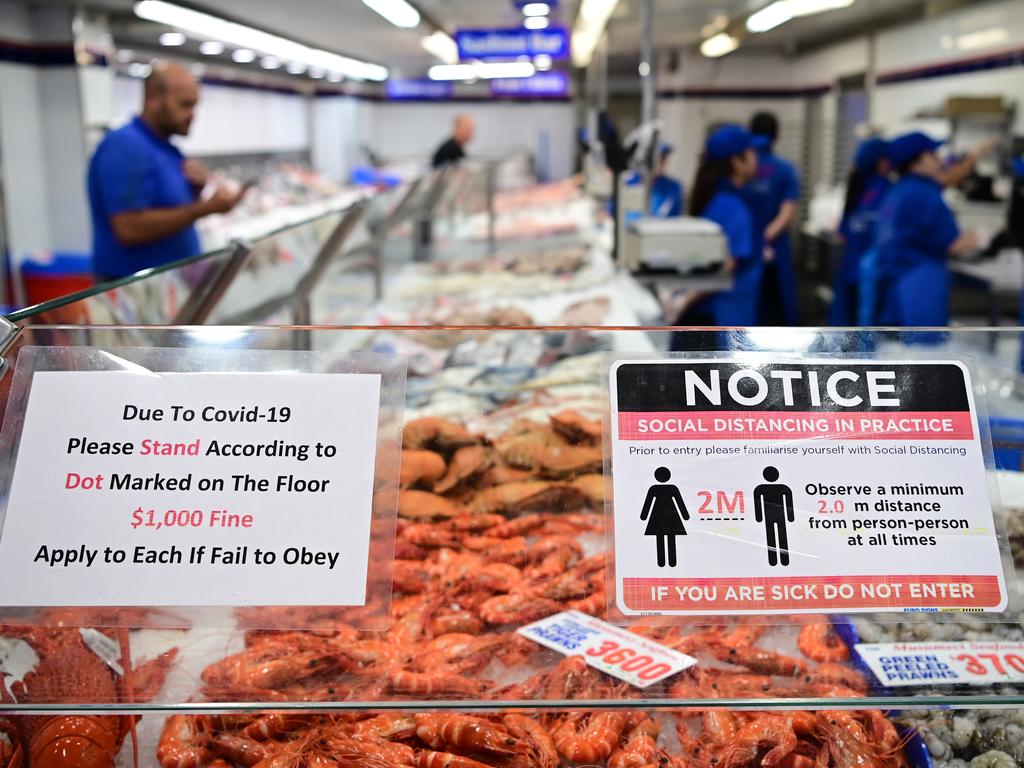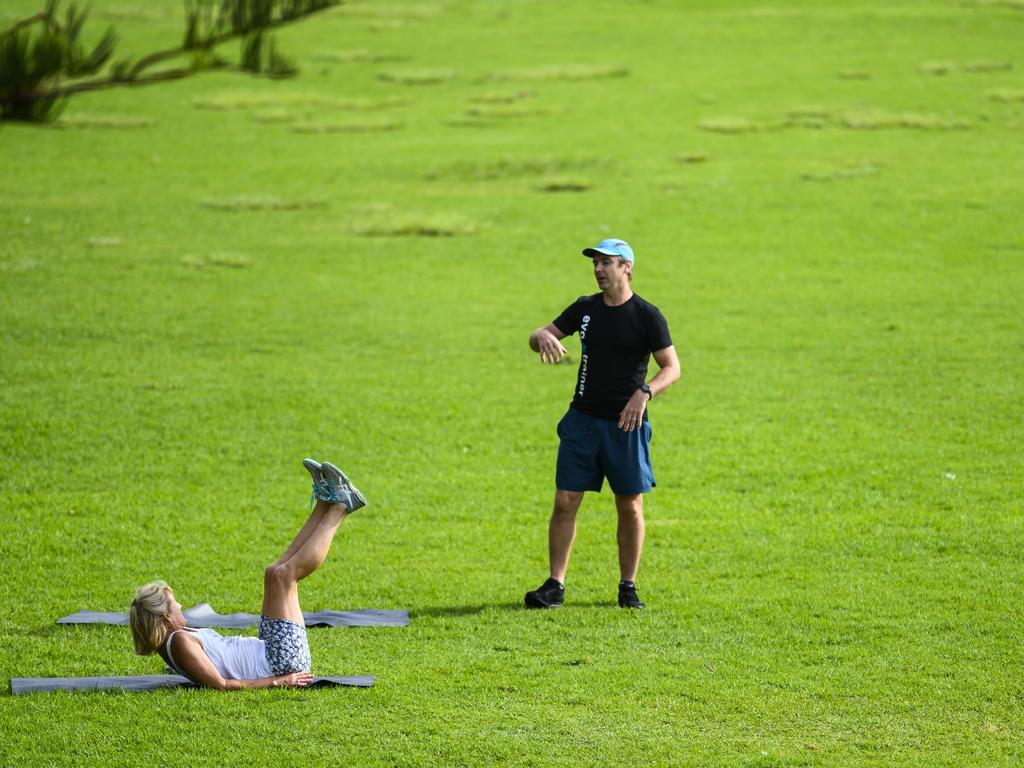Coronavirus lockdown Australia: Raina MacIntyre advocates ‘short, sharp lockdown’
A leading biosecurity professor says six months of restrictions are not necessary and Australia would be better off with a “short, sharp lockdown”.

An esteemed biosecurity professor has said Australia is better off undergoing a “short, sharp lockdown” rather than a six-month period of social distancing in order to beat coronavirus.
“I don't think we need to be locked down for six months,” said Professor Raina MacIntyre who is head of the Biosecurity Research Program at UNSW Sydney’s Kirby Institute in an interview with Science.org.au.
The UNSW epidemiologist said the latest science suggests a shorter lockdown of between four and six weeks would be effective enough to bring Australia’s number cases to a “very, very lownbaseline compared to what we’d otherwise be dealing with”.
RELATED: Follow the latest coronavirus updates
RELATED: Coronavirus world live coverage


Australian politicians have previously dismissed the idea of a short lockdown, with Prime Minister Scott Morrison saying it would be unlikely to be effective in the long term.
Mr Morrison has repeatedly suggested the current social restrictions are likely to remain in place for the “next six months at least”.
A short, sharp lockdown is one of three main options that experts believe could control the epidemic in Australia.
It’s aimed at eliminating the virus in Australia but would require a much stricter lockdown to be put in place and for continuing border controls until a vaccine is found.
The other option is to put a less strict lockdown in place for up to 18 months while a vaccine is developed, or to gradually relax restrictions and keep infections under control until herd immunity is achieved. However, the latter requires that about 60 per cent of the population, or 15 million people, need to be infected, and many people will die.
Speculation has been mounting in recent days that Australians could see some easing of the harsh measures, as the number of new coronavirus cases continues to drop.
Prof MacIntyre said controlling the virus has been “really tricky” for health authorities due to the particular nature of how coronavirus presents in a patient. She said it’s not possible to identify who is infected with the virus “because people without any symptoms can be infected and potentially be infectious”.
Controlling the spread is made more difficult because people are at their most infectious days before showing symptoms.
“The highest level of infectiousness might be in the two days before they get symptoms or in the first day of symptoms, which might be very mild,” she said.
Prof MacIntyre said any measure that limits person to person contact “will help” in controlling the spread.
RELATED: All the Australians who have died
RELATED: Do I have a cold, flu or coronavirus?
She also said testing guidelines need to be widened and the government needs to “accept” that people without symptoms are spreading the virus.
“It's no good just, you know testing people who've got symptoms. You have to recognise and accept that there are asymptomatic people out there,” she said.
She gave the example of a family, saying if even one person in a family group becomes sick, the whole household should be tested, regardless of whether or not they become sick.
“It's really critical to test high-risk, asymptomatic people,” Prof MacIntyre said.
She cited a US study where an outbreak at a nursing home led to all the residents being tested.
She said half the residents diagnosed with coronavirus in the nursing home did not initially have any symptoms.
Prof MacIntyre also said shortages of personal protective equipment (PPE) available to healthcare workers presented a weakness in Australia’s ability to cope with an outbreak.

She said stock numbers of may have been adversely affected by the severe bushfire season and said shortages are a “vulnerability”. If Australia does see a spike in cases the “health system could fall over and the healthcare workers will start getting infected”, she warned.
“As we're seeing in the UK, in the United States, we've seen healthcare workers die of COVID-19.
“We've seen hospitals in the US where people have had to wear garbage bags who have died of COVID-19. We don’t want that.”

Prof McIntyre also warned against wearing cloth masks, saying studies have shown they can actually worsen your chance of infection.
She said a randomised trial conducted in Vietnamese healthcare workers showed those wearing cloth masks had the highest overall infection rate.
“A cloth mask absorbs moisture much more than a surgical mask, which is designed to be water resistant.
“So something that's soggy and warm on your face is obviously going to breed bacteria and viruses.”
Originally published as Coronavirus lockdown Australia: Raina MacIntyre advocates ‘short, sharp lockdown’




